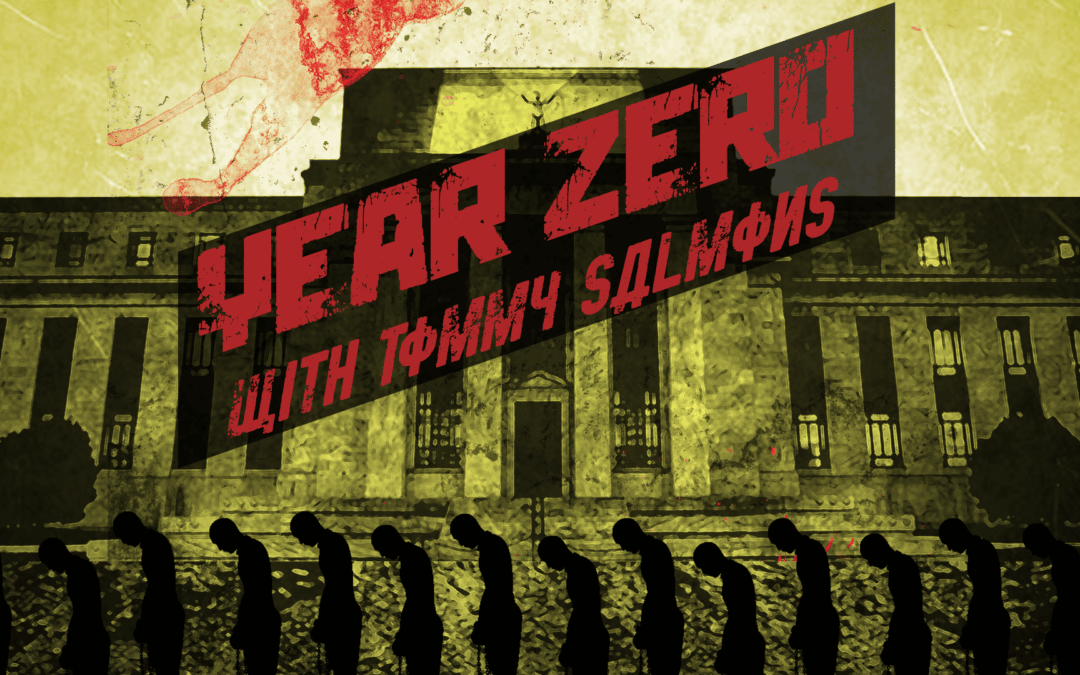What if there were a country with no state, no taxes, no politicians, and no public institutions? That’s the premise of Utopyc, a novel that answers the need—long identified by Rothbard—for a libertarian narrative capable of moving, convincing, and inspiring.
The protagonist, Gabriel Dan, is a journalist who discovers the existence of Utopyc, a small country where everything public has been entirely abolished, and society is organized through private contracts, voluntary agreements, and cooperation without coercion. Coming from our own dystopian world, Dan travels to investigate and is soon surprised to find that unrestricted liberty does not lead to chaos, but to harmony.
Through the journalist’s eyes, readers visit hospitals, schools, courts, security systems, defense services, and even media outlets—all functioning without any state intervention. Along the way, he also discovers a new kind of humanism that reclaims the dignity of the free individual.
Utopyc is not fantasy or theory, but a narrative and realistic representation of how a truly libertarian world might function. Readers see how liberty gives shape to a more prosperous, peaceful, and humane society. This imagined country includes places like the Museum of Liberty and the Museum of Beauty, showcasing the cultural richness of a society without coercion—and the birth of a new humanism.
For centuries, utopia has been monopolized by collectivist thinking. This novel shows that only a stateless society can truly be utopian. If you were moved by Atlas Shrugged or The Fountainhead, Utopyc may be your next must-read.
You can also explore other related titles at http://www.utopyc.net/ such as Do You Like Being a Slave?, a powerful critique of the current Western political status quo from a libertarian perspective, and Cold Monster, a dystopian take on the immediate future of the West.
The paperback edition of Utopyc is available at Amazon and the book’s website.
I would love for the readers of the Libertarian Institute to enjoy this unprecedented journey to the land of the libertarians. Only when liberty is seen in action can one truly grasp the magnitude and dignity of this fight.















